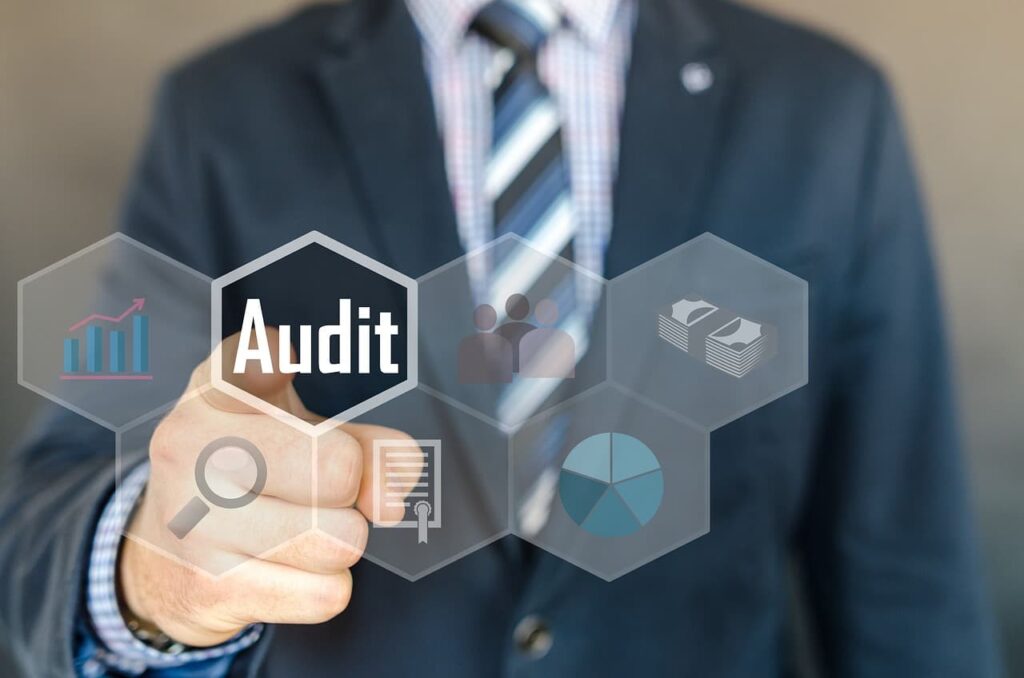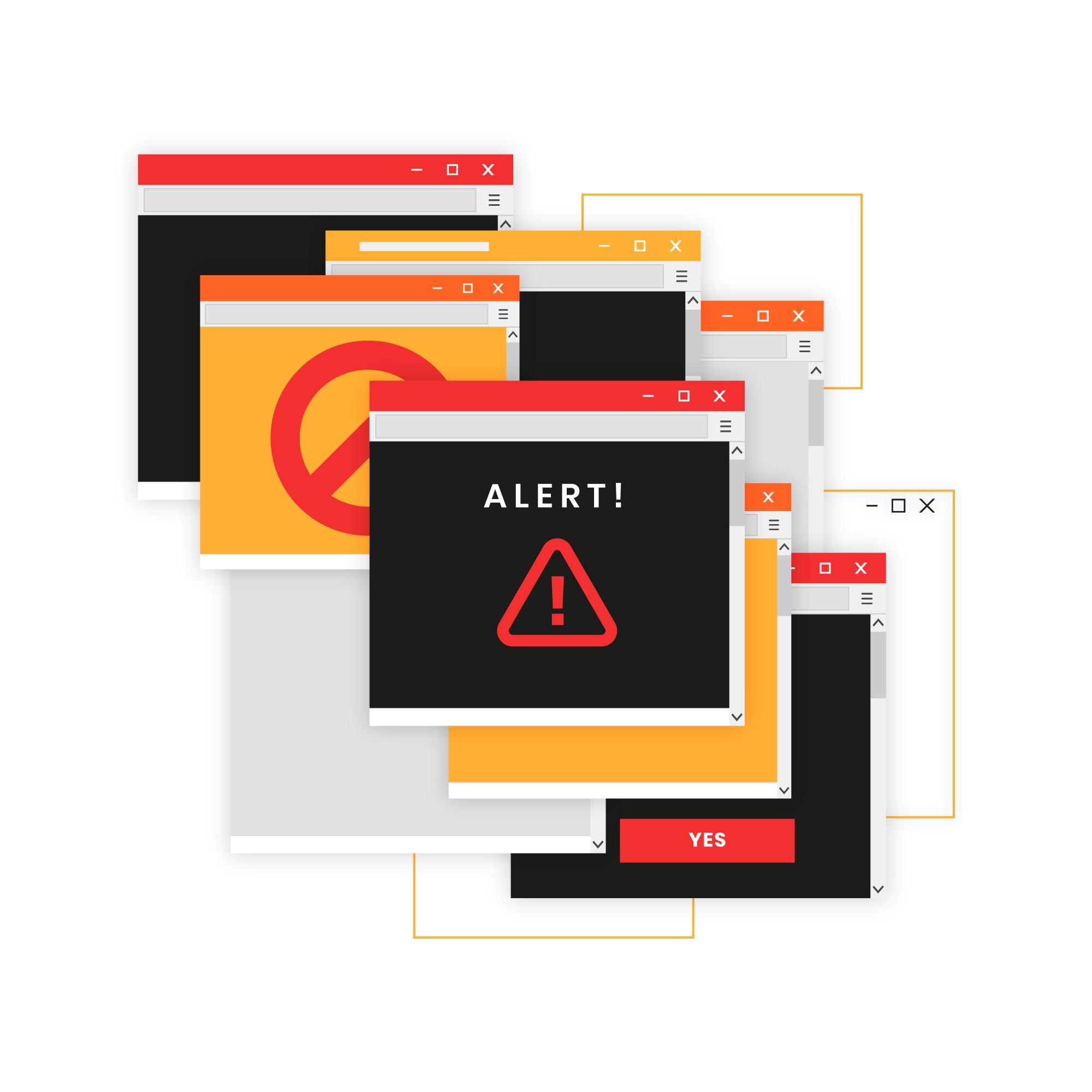Introduction
Sadly, cybercrime is a booming industry, and WordPress websites, regardless of size, are attractive targets. Hackers exploit outdated software, unpatched security flaws, and poor configurations to gain access, steal data, or inject malicious code. The financial and reputational damage to your business can be enormous. But what if you could proactively identify those weak spots before hackers do? Enter the WordPress security audit.
No Website is Immune
- Misconception of Size: Many businesses, tiny and medium-sized enterprises (SMEs), mistakenly believe their size makes them less appealing targets for cyberattacks. However, attackers often rely on automated tools and scripts that indiscriminately target websites, regardless of size. SMEs might be at a higher risk as they need more resources and robust security measures.
- Value of Personal Data: While many businesses may not process payments directly, they often collect personal information about their customers, such as names, email addresses, phone numbers, and even financial details. This data is precious to cyber criminals, as it can be used for identity theft, phishing scams, or even sold on the dark web.
- Reputation Impact: A compromised website can have a devastating impact on a business’s reputation. If customers’ personal information is compromised, they may lose trust in the industry and take their business elsewhere. Additionally, a compromised website can be used to spread malware or launch attacks on other websites, damaging the business’s brand reputation by association.
What Does a WordPress Security Audit Involve?
- Vulnerability Scans:
Vulnerability scans are a critical component of WordPress security audits. Specialised tools scan your website for known vulnerabilities in WordPress core, themes, and plugins. These scans can detect potential entry points for attackers and help you prioritise your security efforts. - Configuration Checks:
Configuration checks are essential for ensuring your WordPress website is set up securely. Auditors will examine settings related to user permissions, password strength, file security, and more. By identifying and correcting misconfigurations, you can significantly reduce the risk of unauthorised access to your website. - Malware Detection:
Malware detection is a crucial aspect of WordPress security audits. Auditors will scan your website for signs of hidden malicious code or backdoors that hackers may have placed. Malware can compromise your website’s security, leading to data breaches or other serious issues. - Web Server Review:
While more comprehensive than a full-blown server security audit, WordPress security audits may include limited checks on your hosting environment. Auditors will look for potential security issues at the server level, such as outdated software or insecure configurations. Addressing these issues can further strengthen the security of your WordPress website. - Comprehensive Report:
The final deliverable of a WordPress security audit is a comprehensive report outlining the weaknesses discovered during the audit. This report should include detailed information about each vulnerability and prioritised recommendations for fixing them. By following the recommendations in the report, you can significantly improve the security of your WordPress website.
Common WordPress Vulnerabilities Uncovered
- Outdated Software: Old versions of WordPress, plugins, and themes often have known security bugs that are prime entry points for hackers.
- Weak Passwords: Easily guessable passwords for your WordPress admin, FTP, or hosting account are a significant risk.
- Insecure File Permissions: Incorrect permissions settings on specific files or directories could allow unauthorised access.
- Misconfigurations: Settings accidentally left too open or poorly configured plugins create security loopholes.
- Zero-Day Vulnerabilities: New security flaws are occasionally discovered before a patch is available. Audits raise awareness for proactive measures.
Beyond the Audit: Fortifying Your Website
- Implementation of Fixes:
Upon identifying vulnerabilities during the audit, immediate steps are taken to address them. This includes applying security patches, updating software versions, and reconfiguring systems to enhance security posture. By promptly implementing fixes, organisations can minimise the risk of exploitation and maintain the integrity of their systems.
- Ongoing Monitoring:
Security is a continuous process that requires ongoing vigilance. Organisations implement tools for regular security scans and threat detection to safeguard against evolving threats effectively. These tools monitor systems, networks, and applications, enabling security teams to identify and respond to suspicious activities promptly. By maintaining a proactive monitoring approach, organisations can detect and mitigate security incidents before they escalate into significant breaches.
- Security Hardening:
Security hardening involves implementing measures to strengthen the overall security posture of systems and networks. This includes deploying firewalls to regulate inbound and outbound traffic, limiting login attempts to prevent brute-force attacks, and implementing user role management to ensure users have only the necessary access privileges. By hardening their security measures, organisations can reduce the attack surface and make it more difficult for malicious actors to exploit vulnerabilities.
- Backups:
Backups serve as the last line of defence in a security incident or disaster. Organisations implement reliable backup strategies, such as regular data backups to secure locations, to ensure that critical information can be quickly restored in case of data loss or corruption. By maintaining robust backups, organisations can minimise the impact of security incidents and facilitate rapid recovery, ensuring business continuity and minimising downtime.
Times When Professional Audits Are Essential
- Highly Sensitive Data:
- Healthcare Industry: Patient records contain susceptible personal and medical information that must be protected.
- Finance Industry: Financial institutions deal with sensitive financial data like account numbers, credit card details, and transaction records.
- E-Commerce: Online stores handle sensitive customer information, including addresses, phone numbers, and payment details.
- Compliance Requirements:
- PCI DSS (Payment Card Industry Data Security Standard): Applicable to businesses that process credit card transactions, PCI DSS mandates regular security audits and compliance with strict security measures.
- HIPAA (Health Insurance Portability and Accountability Act): Requires healthcare providers to implement robust security measures to protect patient data.
- GDPR (General Data Protection Regulation): The European Union’s data protection regulation imposes strict requirements on businesses that handle the personal data of EU citizens.
- Post-Hack Recovery:
- Forensic Analysis: A thorough investigation is crucial to identifying the source of the breach, the extent of the damage, and the compromised data.
- Incident Response Plan: A well-defined incident response plan helps organisations respond quickly and effectively to minimise the impact of a security breach.
- Risk Mitigation: Implementing additional security measures to prevent similar breaches from occurring in the future.
- Peace of Mind:
- Trust and Reputation: A security audit gives businesses confidence that their systems are secure, which can enhance their reputation and customer trust.
- Reduced Liability: Regular security audits can help businesses reduce their liability in a data breach by demonstrating that they have taken reasonable steps to protect sensitive data.
- Compliance Assurance: Security audits can ensure that businesses comply with relevant regulations and standards.
Don’t Become a Statistic: Prioritize Website Security
Think of a WordPress security audit as a health checkup for your website. Prevention is far less agonising and detrimental than a crisis caused by a successful hack.
Need a Security Expert?
Doctor WordPress offers comprehensive security audits to uncover risks and help you create a robust security plan.








